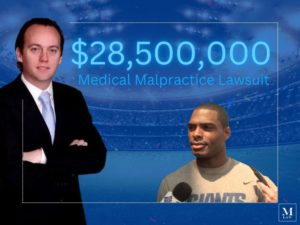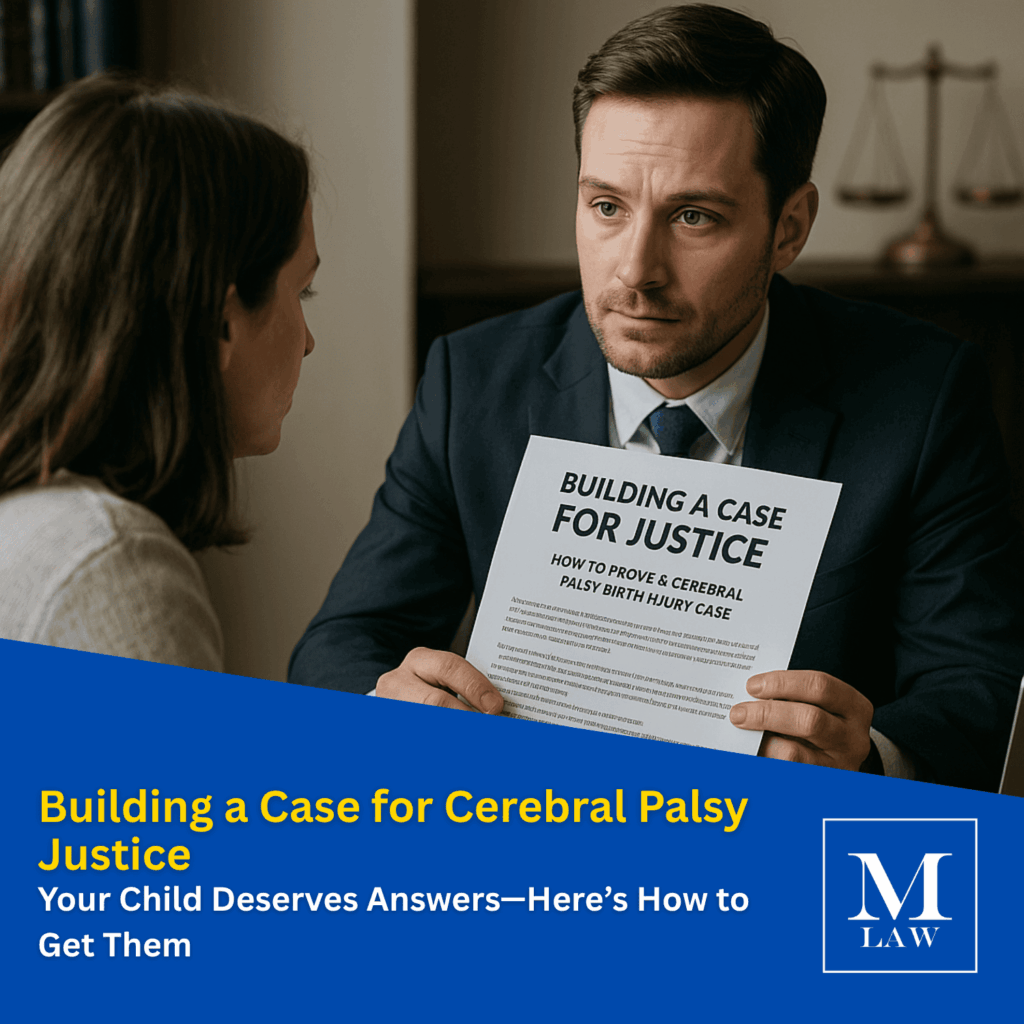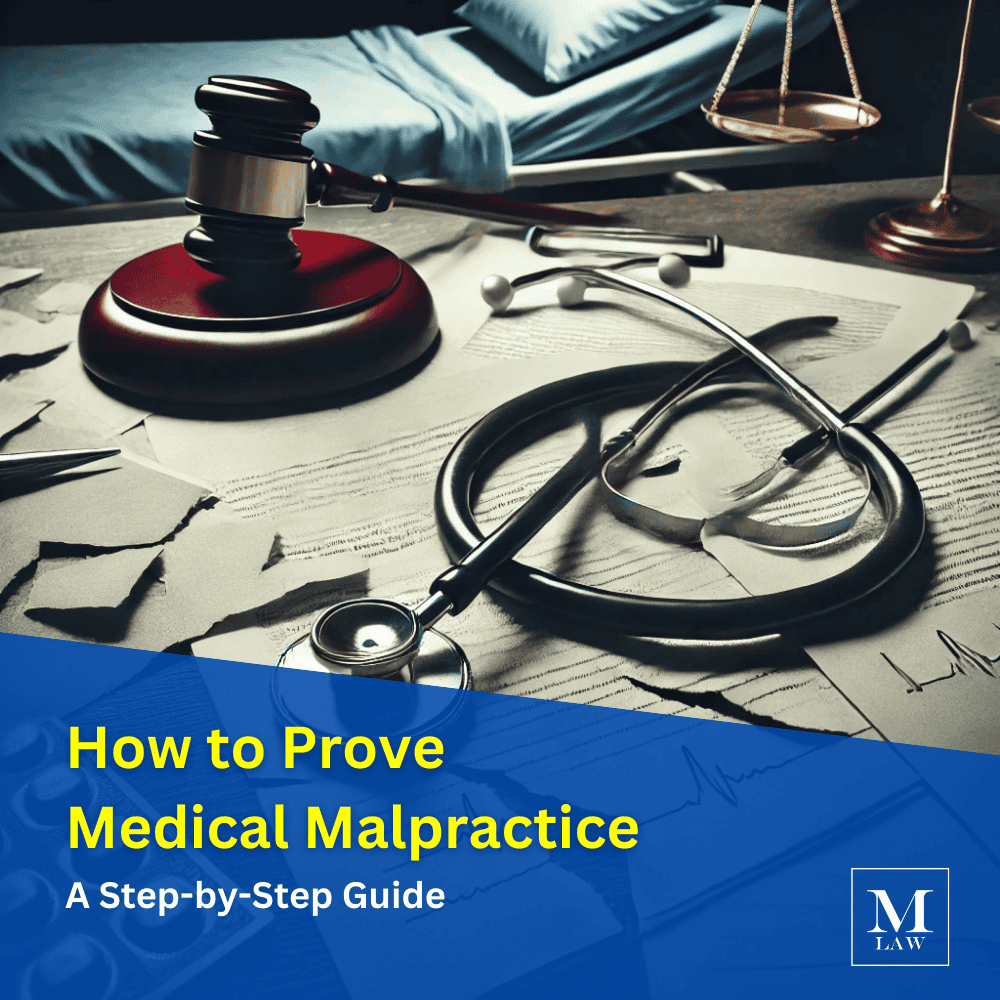Imagine for a second that you have an important surgery coming up. You’ve met with your surgeon, a renowned expert in their particular field of surgery. Your surgeon assures you that they’ve performed your surgery on hundreds of patients before, and they have a high success rate that reassures you. The day of your surgery, you head to the hospital, nervous, but confident you will do just fine. You get put under, but once you wake up, you’re informed that a different surgeon – a surgeon you’ve never met, nor heard of – performed your operation. This is a ghost surgery, and it’s happened before, probably more times than you’d think.

What is a Ghost Surgery?
“Ghost Surgery” occurs when the original surgeon substitutes someone else to perform the actual operation. Dunn (2015) defined ghost surgery as: “…when a physician assistant, a surgical assistant, an RN first assistant, a resident, or another surgeon assists on or performs an operative or other invasive procedure without the patient’s knowledge, regardless of whether the surgeon who obtained the consent was scrubbed in or not.”
A ghost surgery is a major violation of consent, and often cause for a medical malpractice lawsuit.
When you give your consent to undergo a surgical procedure, you are not just consenting to the surgery. You give consent that your specific surgeon will be the one to perform the surgery, and not the “ghost surgeon.”
The phrase “ghost surgeon” isn’t a legally or medically defined term, but refers to the surgeon who stepped in to perform the procedure in place of the original selected surgeon.
Even when the operation goes smoothly, ghost surgery can be incredibly distressing for patients. Many patients, maybe yourself included, do intense research before their surgery. They work hard to gather information about different surgeons and compare details, success rates, and education, so they can feel confident about their surgery.
Most surgeons are sympathetic to this. They understand the serious nature of their job and do everything they can to instill confidence in their patients and give them the respect and care they deserve.
Is Ghost Surgery Illegal?
The term “ghost surgery” implies that surgeons switched out without the patient’s knowledge. This is illegal.
There are however legitimate reasons for surgeons to switch places.
For instance, one surgeon may have a sudden emergency, or a resident may perform or assist with surgery under the close supervision of an experienced physician.
Typically, patients are alerted to these possibilities beforehand and asked for their consent. When consent is not sought, however, the process becomes more questionable, even if there was a legitimate reason that your surgeon had to leave or stop the surgery.
When something does go wrong, a ghost surgery can complicate the process of determining what happened and holding the right people accountable. Occurrences of ghost surgeries are not tracked in the United States, making it even more difficult to know what happened or how often such surgeries occur. In some U.S. jurisdictions, ghost surgeons may be held liable for battery even if no malpractice occurred.

How Common are Ghost Surgeries?
Since the U.S. does not officially track ghost surgeries, nobody can say for sure how common they are. However, in South Korea, an epidemic of ghost surgeries and patient abuse by surgeons has led to public demand for cameras in operating rooms.
Faith in its hospitals has been shaken by years of complaints about doctors mishandling unconscious patients, including turning them over to unsupervised assistants who perform what are known as “Ghost surgeries.”
Demand for the camera mandate in hospitals escalated in recent years with revelations by whistle-blowers that doctors had inflicted ghost surgeries, and even sexual abuse, on anesthetized patients.
In the United States, charges of battery have been brought in cases where a doctor performed surgery on another doctor’s patient, Mr. Choi said.
All in all, ghost surgeries are likely very rare in the US, but still a possibility.
If you suspect that you were the victim of a ghost surgery, or if you’ve been injured during medical care and you suspect medical malpractice is to blame, don’t hesitate to contact an experienced medical malpractice lawyer from Merson Law.
Your lawyer can investigate to determine if ghost surgery or another questionable practice occurred, and fight for the compensation you deserve.
Call our office today at the number above, or fill out our contact form to get started with your claim.








